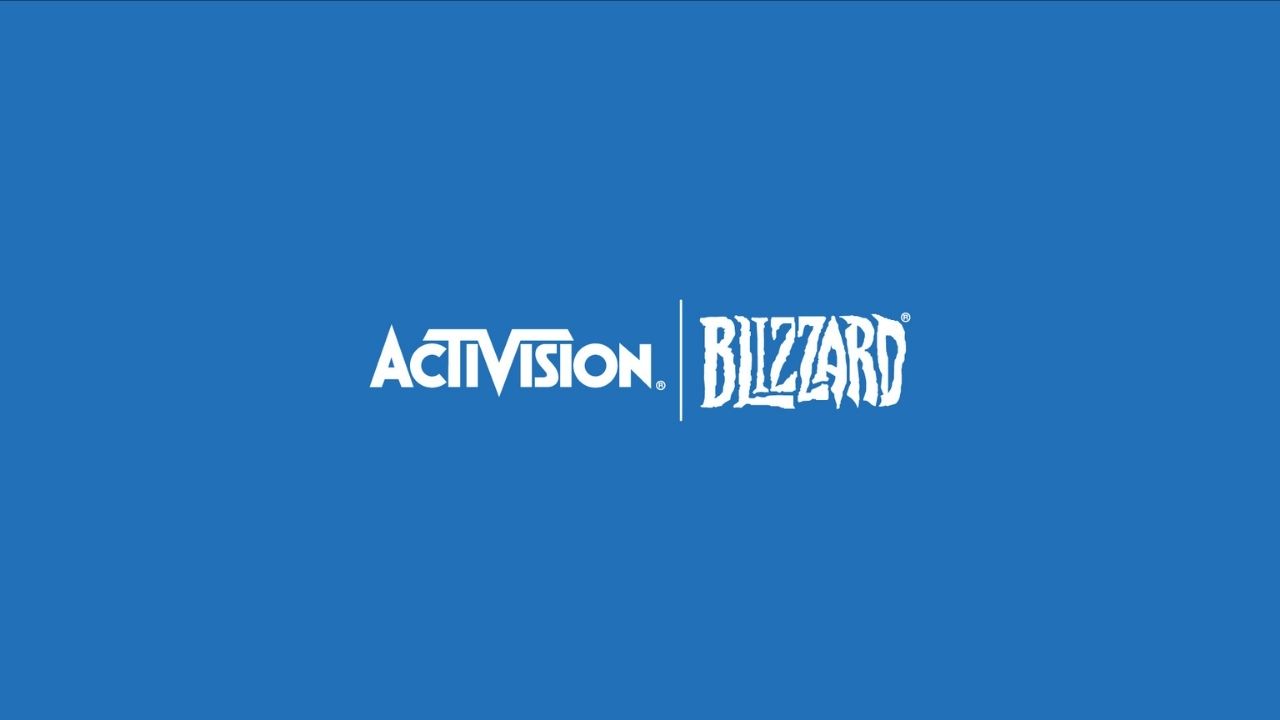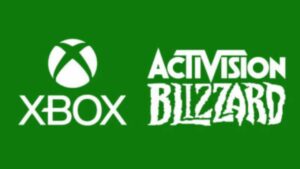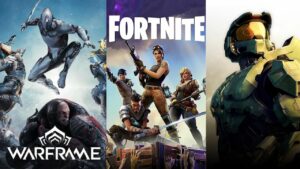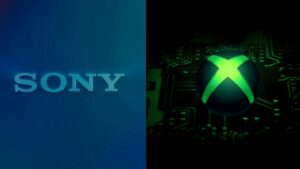In January, Microsoft announced it intended to acquire Activision Blizzard in a hefty $70 billion deal. The purchase came under the radar of the UK regulator, the Competition and Markets Authority (CMA), since it would tip the scales heavily in Microsoft’s favor, preventing a level playing field in the gaming market. Even the FTC announced they were looking into it.
The CMA stated Microsoft acquiring Activision Blizzard would lead to a “substantial lessening of competition” and the “withholding or degrading” of Activision Blizzard content on non-Microsoft platforms.
Microsoft called the criticisms “misplaced” in response to the comments made by the CMA, even accusing them of adopting Sony’s complaints without the appropriate level of critical review.
The Xbox platform owner also provided instances of how Microsoft is not the dominating player in the gaming field and that Sony can easily adapt to increased competition, pointing out the gaming giant’s leading position. Sony recently acquired Bungie, which shows it can handle the market competition.
The company voiced concerns that even though Microsoft promised to keep the Activision produced Call of Duty series multi-format, it could introduce exclusive features to the Xbox version of the games, which would influence players’ choice of console.
…the Merger could allow Microsoft to make ABK content, including Call of Duty, exclusive to Xbox or Game Pass, or otherwise degrade its rivals’ access to ABK content, such as by delaying releases or imposing licensing price increases.
CMA
The regulator believes a franchise as big as Call of Duty could determine the future success of a gaming company.
Hence, Microsoft reiterated the CMA’s intention to let Sony keep the Call of Duty series on PlayStation, by saying that even if users decide to switch to Xbox, it would be because Xbox is offering choice in its approach to how games can be bought.
Microsoft’s strategy after acquiring Activision Blizzard is to provide more choices and more games for its consumers. A detailed blog post on the official Microsoft website lists the deal benefits for players, game creators, and the gaming industry in general.
Giving players choice in how they play their games makes gaming more accessible and leads to larger, more vibrant communities of players. Choice is equally important to developers. Developers benefit from having a diversity of distribution and business models for their games. Choice unlocks opportunities for innovation and enables the industry to grow.
Phil Spencer
The CMA is yet to respond to Microsoft’s comments, but it looks like the Activision Blizzard deal is staying put for now. Microsoft does have other independent organizations and governments’ approval, so the fight is not completely one-sided.
About Microsoft
Founded by Bill Gates and Paul Allen in 1975, Microsoft is an American MNC that creates, licenses, supports and sells computers, software, electronics, video games, and corresponding services.
Some of the most popular titles in the world, like Age of Empires, Forza, Gears of War, Halo, Minecraft, Microsoft Solitaire, Microsoft Flight Simulator, and State of Decay, have been developed and published by Microsoft.
Microsoft is also known for establishing the famous console brand Xbox, along with the video game subscription Xbox Game Pass.








No Comments on Microsoft Responds to Regulator Criticism on Activision Blizzard Deal